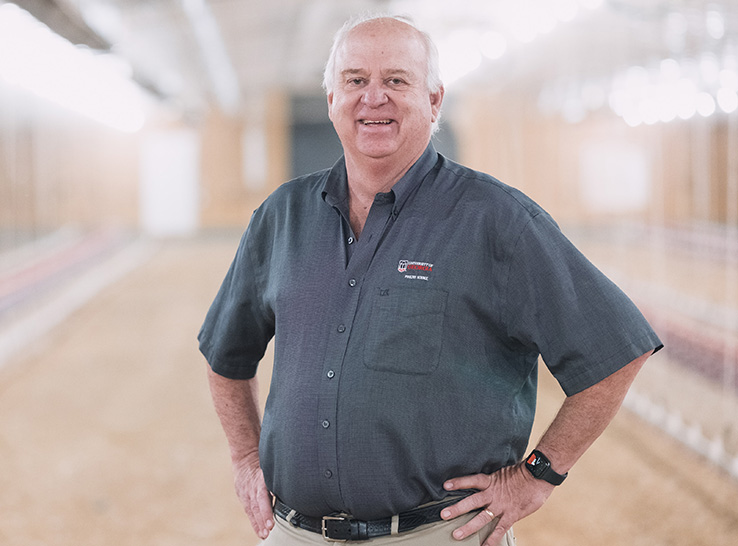
Radiant heating: achieving a more efficient approach
By Michael Czarick
Extension Specialist – Engineering
University of Georgia
Department of Poultry Science

By Michael Czarick
Extension Specialist – Engineering
University of Georgia
Department of Poultry Science

By Marcelo Lang, DVM
Farsight Consulting & Marketing Services, LLC
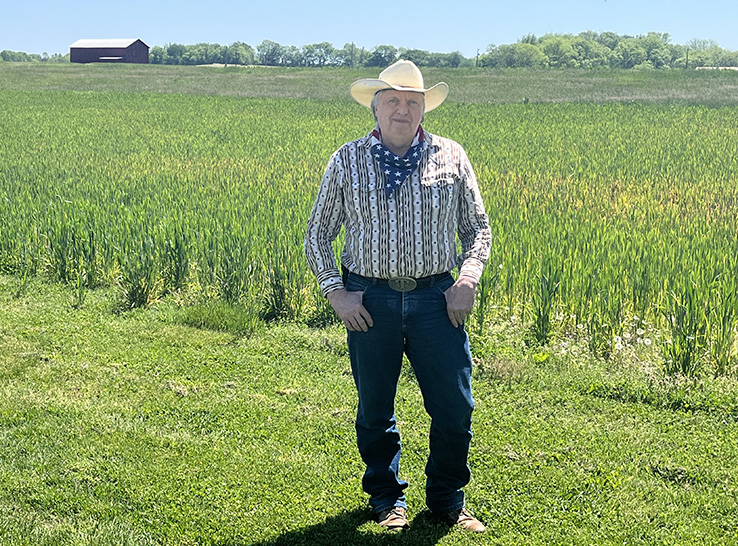
By Tom Tabler, PhD
Professor, Extension Poultry Specialist
University of Tennessee Extension Service/Animal Science Department
Middle Tennessee AgResearch and Education Center
Spring Hill, Tennessee

HPAI virus continues to take a heavy toll on US poultry while raising concerns about transmission to other species, including humans. How serious are these concerns and what are the transmission routes?
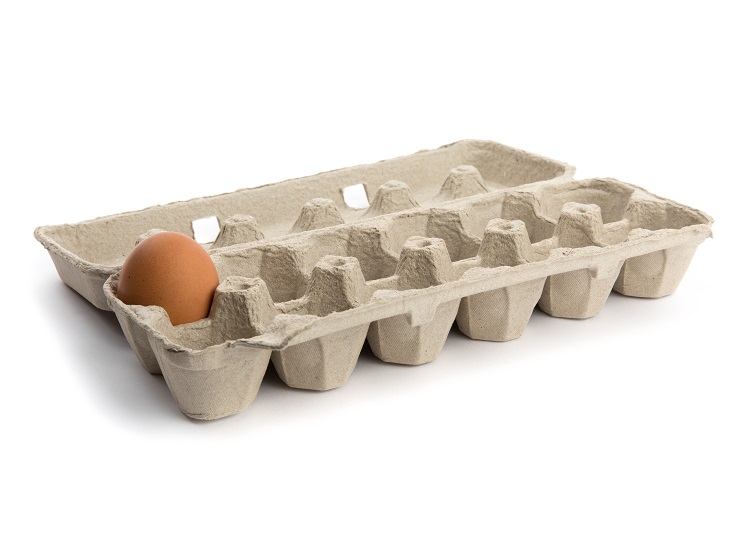
To address the strain on the nation’s egg supply and resultant record egg prices due to the current HPAI outbreak, the National Chicken Council petitioned the FDA to reverse or modify current regulations that compel the broiler industry to discard nutritious and safe eggs.

Antimicrobial resistance (AMR) has become a major concern for human and food-animal health. The key to better understanding AMR selection and spread is the resistome, the collection of all antimicrobial resistance genes and their precursors in the gut microbiome.
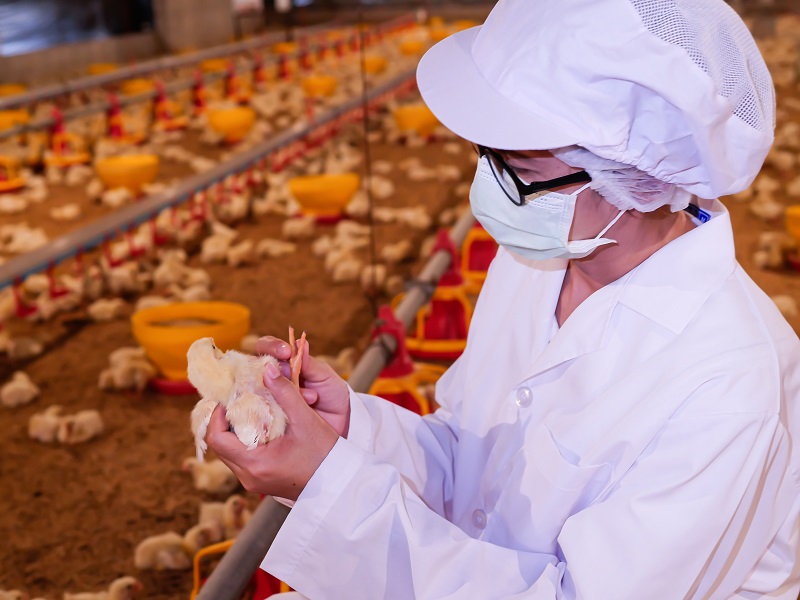
Antimicrobial use in poultry has become a proxy for antimicrobial stewardship, but these terms are not interchangeable, according to Michelle Kromm, DVM, MAM, Food Forward, LLC.

Genome sequencing is key to controlling coccidiosis and the associated infections of necrotic enteritis in broilers, according to Mark Jenkins, PhD, USDA’s Animal Research Service.
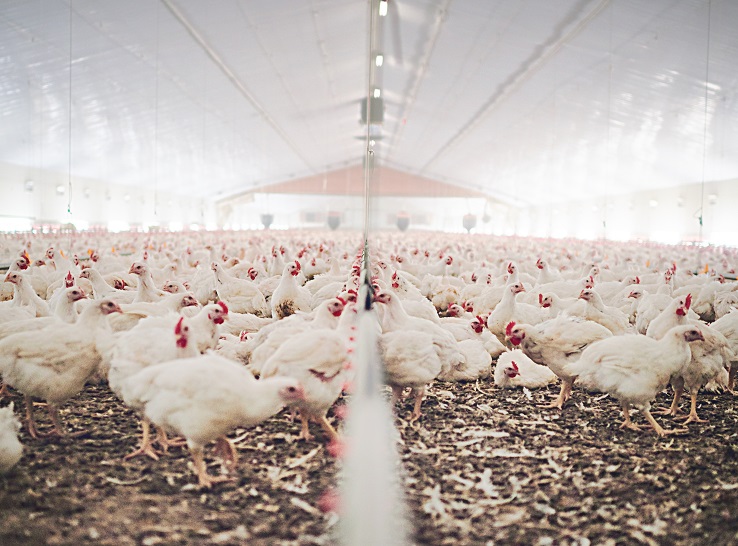
In the face of threats such as highly pathogenic avian influenza (HPAI), one of the most pressing challenges for the poultry industry is to continually evaluate and improve depopulation strategies.

Proper litter management is a key factor in controlling Salmonella on the farm. Zac Williams, PhD, assistant professor of poultry management at the University of Arkansas, addressed this topic at the Delmarva Chicken Association’s 59th National Meeting on Poultry Health, Processing and Live Production.

Responsible antibiotic use is not a new concept to the poultry or other food-animal production sectors, but, says Randy Singer, DVM, PhD, it’s important to put the conversation back in the context of the Veterinarian’s Oath, and first ensure the safety, health and overall well-being of the animals.

Increased attention on animal welfare is driving the US poultry industry to innovate and work collaboratively to meet rising expectations of caring for laying hens.